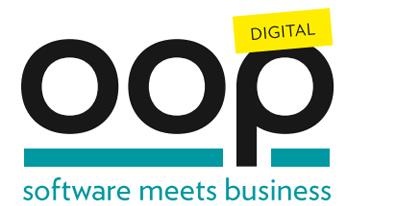
Conference Program
Please note:
On this site, there is only displayed the English speaking sessions of the OOP 2022 Digital. You can find all conference sessions, including the German speaking ones, here.
The times given in the conference program of OOP 2022 Digital correspond to Central European Time (CET).
By clicking on "EVENT MERKEN" within the lecture descriptions you can arrange your own schedule. You can view your schedule at any time using the icon in the upper right corner.
MISRA C++ 202x
New MISRA C++ 202x are coming. This release will address modern C++ and thus is relevant not only for safety critical code in the automotive sector, but also for day-to-day C++ development. Expect the new MISRA rules to be less "miserable" for your day-to-day coding and use static analysis tooling to enforce them. Understand what kind of C++ will be considered unsafe, get examples of guidelines and learn which rules better to suppress in static analysis tools in non-safety-critical software.
Target Audience: Developers
Prerequisites: C++
Level: Advanced
Extended Abstract
New MISRA C++ guidelines are coming. In contrast to the previous release in 2008, MISRA C++ will address modern C++ as it is used in modern automotive systems. It is expected that other domains with safety critical software will incorporate MISRA C++ as well. In addition many of the rules, especially those supported by corresponding static analysis tools, can make your own C++ coding practices better. The talk briefly introduce the development of safety critical software, highlight some of the modern MISRA C++ rules applicable to all kinds of code and will also show corners of the rule set, better avoided for "normal" C++ code. The latter is important to know, when you are asked to retrofit your code to the output of a static analyzer tuned to MISRA-C++.
* History of MISRA C++ guidelines
* Peculiarities of software development for safety-critical systems
* Example guidelines and how they influence coding
* "strong stuff" that should not bother in normal C++
* Outlook on further revisions
Vortrag Teilen

